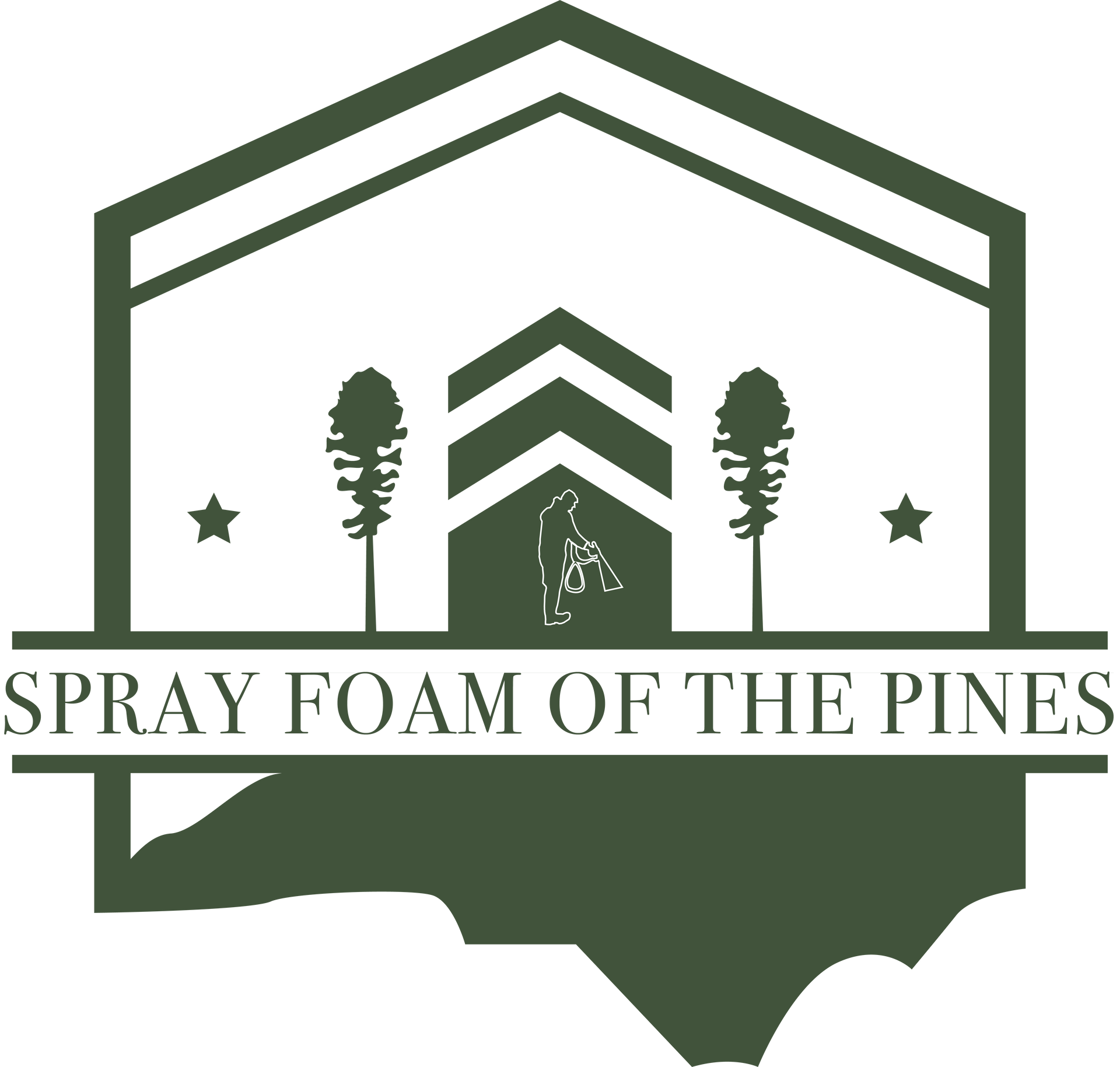How to Find Metal Building Insulation in Laurinburg
Metal building insulation requires specialized approaches that differ significantly from residential home insulation. In Laurinburg, proper metal building insulation prevents condensation issues, reduces energy costs, and maintains comfortable working conditions year-round. The right insulation system addresses the unique thermal properties of metal construction.
Why Do Metal Buildings Need Different Insulation Approaches?
Metal conducts heat very efficiently, which creates challenges that don't exist with wood-frame buildings. During summer, metal surfaces can become extremely hot, transferring that heat directly into the building interior. In winter, metal surfaces become very cold, creating condensation problems when warm, humid air contacts the cold metal.
Traditional insulation methods often fail in metal buildings because they don't address thermal bridging through the metal structure itself. The metal framing creates continuous paths for heat transfer that bypass conventional insulation materials. This is why metal buildings require insulation systems specifically designed for their unique construction characteristics.
What Types of Insulation Work Best for Metal Buildings?
Spray foam insulation provides excellent results for metal buildings because it adheres directly to metal surfaces and creates a continuous thermal barrier. Unlike batt insulation, which can leave gaps around metal framing, spray foam expands to fill all spaces and eliminates thermal bridging through the structure.
Closed-cell spray foam is particularly effective for metal buildings because it provides moisture resistance along with insulation. This helps prevent condensation problems that can lead to rust, mold, and structural damage. The foam also adds structural strength to the building by bonding to the metal framework.
How Do You Prevent Condensation in Metal Buildings?
Condensation forms when warm, moist air contacts cold metal surfaces. This happens frequently in uninsulated or poorly insulated metal buildings. Proper vapor barrier installation combined with continuous insulation coverage prevents warm air from reaching cold metal surfaces where condensation can form.
Ventilation also plays a role in condensation control, but it's not effective without proper insulation. The key is creating a complete thermal barrier that keeps metal surfaces at more consistent temperatures. When metal surfaces stay closer to indoor temperatures, condensation problems are eliminated.
Why Laurinburg's Agricultural Heritage Makes Metal Building Insulation Essential
Laurinburg's location in Scotland County places it in the heart of North Carolina's agricultural region, where metal buildings are commonly used for equipment storage, livestock housing, and agricultural processing. These applications require consistent interior conditions to protect valuable equipment and maintain optimal environments for agricultural operations.
The area's climate creates significant temperature swings between seasons, making proper insulation essential for year-round functionality. Professional spray foam insulation services in Laurinburg understand the specific needs of agricultural metal buildings and can recommend appropriate insulation levels for different applications. Local contractors experienced with metal building insulation systems know how to address the unique challenges of agricultural and commercial structures in the region.
Spray Foam of the Pines specializes in metal building insulation solutions that provide long-term performance in Laurinburg's agricultural and commercial environments. Our team understands the specific requirements of metal construction and delivers insulation systems that prevent condensation while reducing energy costs. Call us at (910) 684-3691 to discuss how proper metal building insulation can protect your investment and improve building performance.

